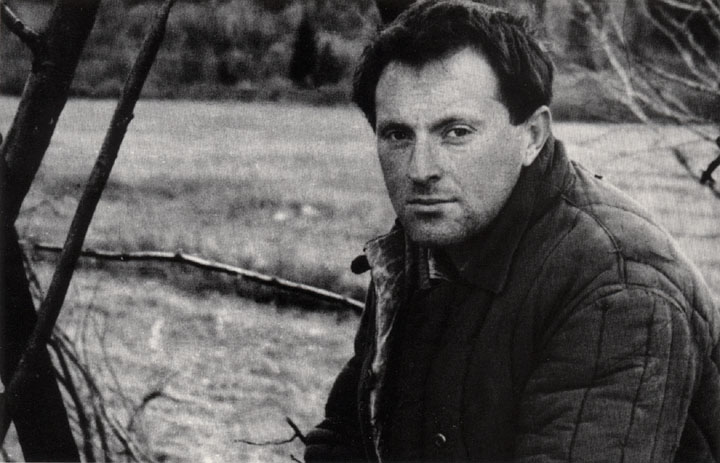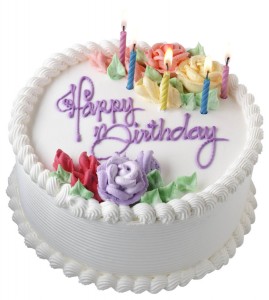
Sentenced to hard labor in Norenskaya, after a show trial.
Nobel poet Joseph Brodsky famously said that all that poetry and politics have in common are the letters “p” and “o.” In a sense, that can be said to be the topic of Rachel Wiseman‘s “Switching Off: Joseph Brodsky and the Moral Responsibility to Be Useless,” over at The Point.
It was the poet’s birthday a few days ago (he would have been 78), but it was also right after Philip Roth‘s death, so I didn’t post. Yet it would be ungrateful not to say something about the man who gave so much to me.
Fortunately, David Streitfeld of the New York Times sent me this article this morning, and it’s too good not to let the world know about it. (It’s one of a series on intellectuals – here.)

Спасибо, David
Wiseman begins with the 1964 show trial, where the Nobel poet, then 23, was labeled a social parasite. Then she contrasts his position with journalist Keith Gessen‘s criticism of him:
“If a poet has any obligation to society,” Brodsky said, “it is to write well. Being in the minority, he has no other choice.” The Soviet trial judge is not the only one who has taken this attitude to indicate a lack of social conscience. The novelist and critic Keith Gessen, in a 2008 article for the New York Times Book Review, faulted Brodsky’s generation of intellectuals and those who followed for being “powerless to stop Putin from terrorizing the country, not because they feared him, but because after the destruction of the Soviet Union they retreated into ‘private life,’ which is what they wanted all along.” Gessen is a great fan of Brodsky the poet, but wishes he would be more of a critic. In a New Yorker essay from 2011, he condemned Brodsky for allowing himself to become a “propagandist for poetry.” Gessen searched Brodsky’s oeuvre in vain for an example that might undercut the unapologetic aestheticism that had “hardened into dogma.” Not unlike the judge, Gessen seemed to demand of Brodsky, How were you useful to the motherland? How could someone of Brodsky’s intelligence actually believe that aesthetics governs ethics and not the other way around?
In a sense, she begins to demonstrate the point the article is trying to make. It sags in midway, as she addresses growing up in the “multicultural, bubblegum Nineties” and the politics du jour (“national nightmare”) – the piece becomes predictable and rote in outlook. It fades into outrage, repetitive emotions, and the mob before it regains altitude:
Every generation of intellectuals finds a way of coming to terms with the limits of their agency. Brodsky’s chose poetry; mine and Gessen’s took the train downtown. It’s not a strict binary, of course: these two tendencies can coexist in the same individual and express themselves in different ways. But we might consider that switching off, for Brodsky, was a way of performing his social responsibility, not shirking it. In Brodsky’s view, politics was one level of human existence, but it was a low rung. The business of poetry, he thought, is to “indicate something more … the size of the whole ladder.” He held that “art is not a better, but an alternative existence … not an attempt to escape reality but the opposite, an attempt to animate it.” What compels a poet to write is less “a concern for one’s perishable flesh” than “the urge to spare certain things of one’s world—of one’s personal civilization—one’s own non-semantic continuum.”

Gessen critiques
Hard to know what to quote because so much of it is so good. But let’s end at the ending. Those who have sent me emails know my standard footer: “Evil takes root when one man starts to think that he is better than another.” It’s a remarkable quote, and true in just about every case I can think of. Here’s where it comes from, embedded in his remarks on the Biblical passage enjoining us to turn the other cheek:
Brodsky gives an account of the standard interpretation of the lines of scripture that inspired this doctrine of passive resistance and then goes on to mention the ending, which is less commonly quoted. The idea is not just to turn the cheek to the person who strikes you—you are also supposed to give him your coat: “No matter how evil your enemy is, the crucial thing is that he is human; and although incapable of loving another like ourselves, we nonetheless know that evil takes root when one man starts to think that he is better than another. (This is why you’ve been hit on your right cheek in the first place.) At best, therefore, what one can get from turning the other cheek to one’s enemy is the satisfaction of alerting the latter to the futility of his action. ‘Look,’ the other cheek says, ‘what you are hitting is just flesh. It’s not me. You can’t crush my soul.’”
 As David wrote to me when he sent the link, “bro – he lives!” Then he added, “anyway, what was it exactly they used to call him? joe the bro, no? it was a play off ‘joe the pro.'”
As David wrote to me when he sent the link, “bro – he lives!” Then he added, “anyway, what was it exactly they used to call him? joe the bro, no? it was a play off ‘joe the pro.'”
С днем рождения, Иосиф. It’s true. “Bro, he lives.”
Postscript: Oh, but I forgot to include the tweet David sent a few minutes earlier. It’s below. Sounds about right, except … a “green velour suit”? In the 1970s, maybe … but the 90s? I went to twitter and a whole stream of postscripts followed, including some from James Marcus:




Postscript on 7/15: Look what I found in the garage, while looking for other records. Naturally, I was so chuffed I had to tweet:

Tags: "joseph brodsky", David Streitfeld, Keith Gessen, Rachel Wiseman
